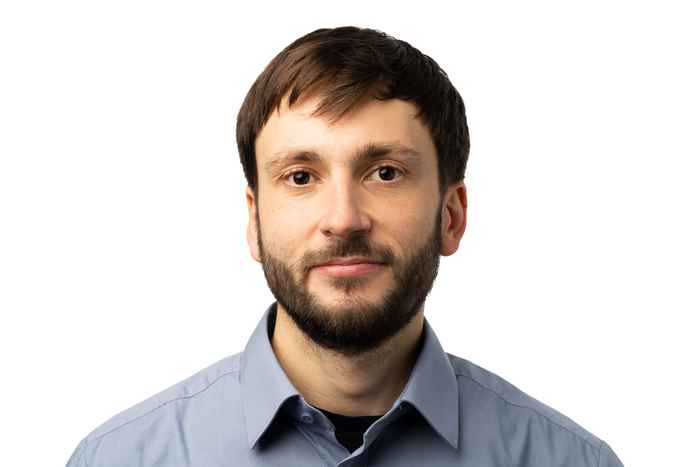DSC Member Spotlight: Max Paulus
21 November 2024

Tell us more about your role and how you apply data science to your projects?
Since I started my new role as Research Engineer at the FMG Research Lab, I have been working on the launch of a new support service for software and cloud infrastructure aimed at researchers from the Faculty of Social and Behavioural Sciences (FMG). Together with fellow engineers, data stewards and other research support professionals, I help researchers safely implement and run data science methods and applications using the available infrastructure.
Is there a project that you are most proud of?
I support a wide variety of projects, each deserving its own spotlight. What I’m most proud of, however, is the growing recognition of research software as a legitimate output of the research process. More researchers are realizing that effective software management enhances reproducibility. As research supporters, it’s our role to advocate for best practices in software management, ensure the right infrastructure and guidelines are available, and provide training and support to empower researchers.
What do you like most about being a DSC member?
The community! In both academia and research support, it is important that people know who you are, what you do and how they can reach you. Engaging with communities plays a vital role, being able to discuss important topics in more informal settings, with a broader multidisciplinary view. I value all the energy that the Data Science Centre invests in organising events and fostering a strong, tight-knit community. Bringing together researchers and research support professionals from different disciplines and backgrounds is not easy, the DSC truly excels at that.
What is your favourite data science method?
During my studies and PhD, I was interested in statistical models, as neural networks were gaining momentum. Over time, I’ve come to realize that none of these methods would even be possible without robust data engineering methods –the foundational steps of collecting, cleaning and aggregating data. In addition to the growing emphasis on software management, I believe integrating workflow management (“pipelines”) into the research process is a crucial next step.
Are you camp Python/R/or something else?
I don't think I belong to any specific camp! My first programming class focused on functional concepts, but then I was introduced to Java, which completely shifted my perspective—and I quickly embraced this new way of thinking. Around that time, Python was gaining popularity, and it felt strange at first because it has an unusual syntax. During my PhD, I delved into R for its statistical capabilities and loved it. Now, I use Python daily and got the hang of it. What’s next? My guess is, seeing where AI assistants are headed, it might be English!
Contact Max Paulus about his work